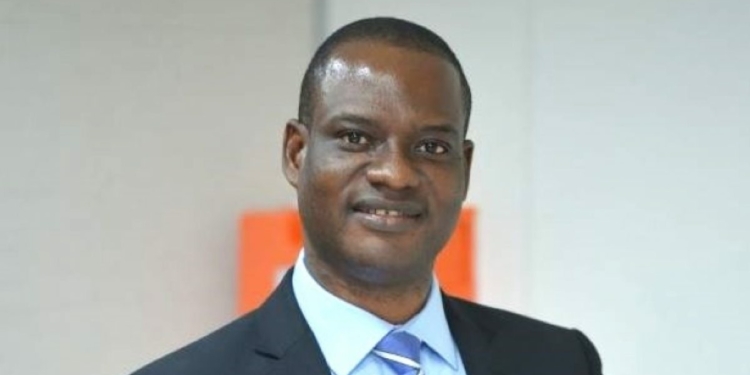- Oyedele cautioned against withdrawing the tax reform bills from the National Assembly, warning that reintroducing them later could face significant challenges
The Chairman of the Presidential Committee on Fiscal Policy and Tax Reforms, Taiwo Oyedele, has stated that the existing Value Added Tax (VAT) structure could remain unchanged if necessary, despite the controversies surrounding proposed reforms.
Speaking on Arise TV on Sunday, Oyedele discussed President Bola Tinubu’s tax reforms, which include four bills introduced in October 2024: the Nigeria Tax Bill 2024, Tax Administration Bill, Nigeria Revenue Service Establishment Bill, and Joint Revenue Board Establishment Bill.
These bills aim to streamline Nigeria’s tax laws, improve administration, and boost revenue generation.
However, the reforms, particularly changes to VAT, have faced resistance, with critics arguing they may favour specific regions over others.
Oyedele defended the proposals, stating that they are designed to benefit all regions and address inequities in the current system.
“If the preference is for the current VAT formula, we’re willing to keep it 100 per cent,” Oyedele said, adding that tax reform is non-negotiable to modernise Nigeria’s outdated system and drive development.
Tracing VAT’s history, Oyedele noted it was introduced in 1993 to replace state-level sales tax but was omitted from the 1999 Constitution, leading to disputes over its collection. He argued that allowing states to collect VAT would create chaos for businesses, as states might not respect input-output mechanisms.
He explained that under the current system, VAT is often remitted from companies’ head offices, mainly in Lagos and Rivers States, leading to inequitable distribution of revenue. The proposed reforms aim to address this imbalance without disrupting the system.
Oyedele cautioned against withdrawing the tax reform bills from the National Assembly, warning that reintroducing them later could face significant challenges.


Discussion about this post